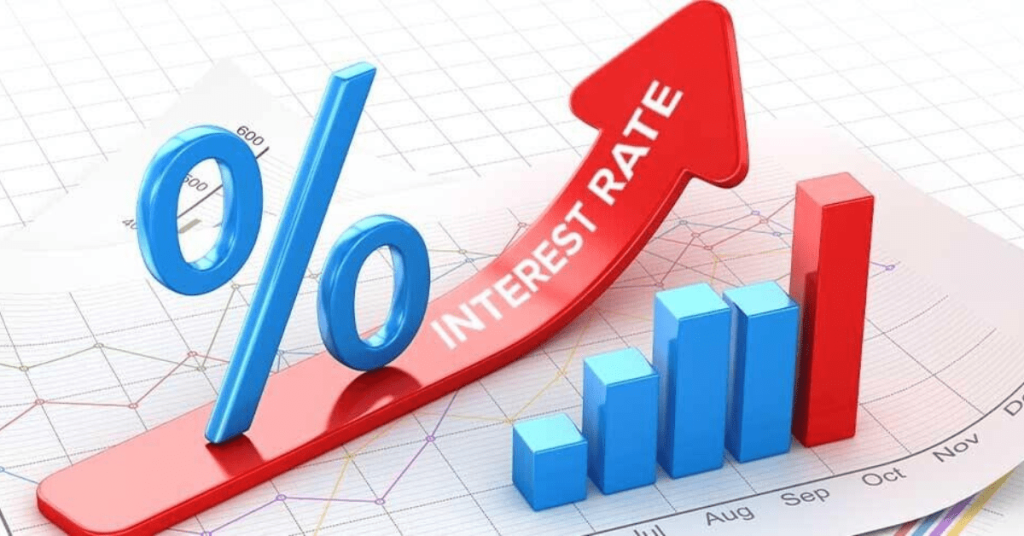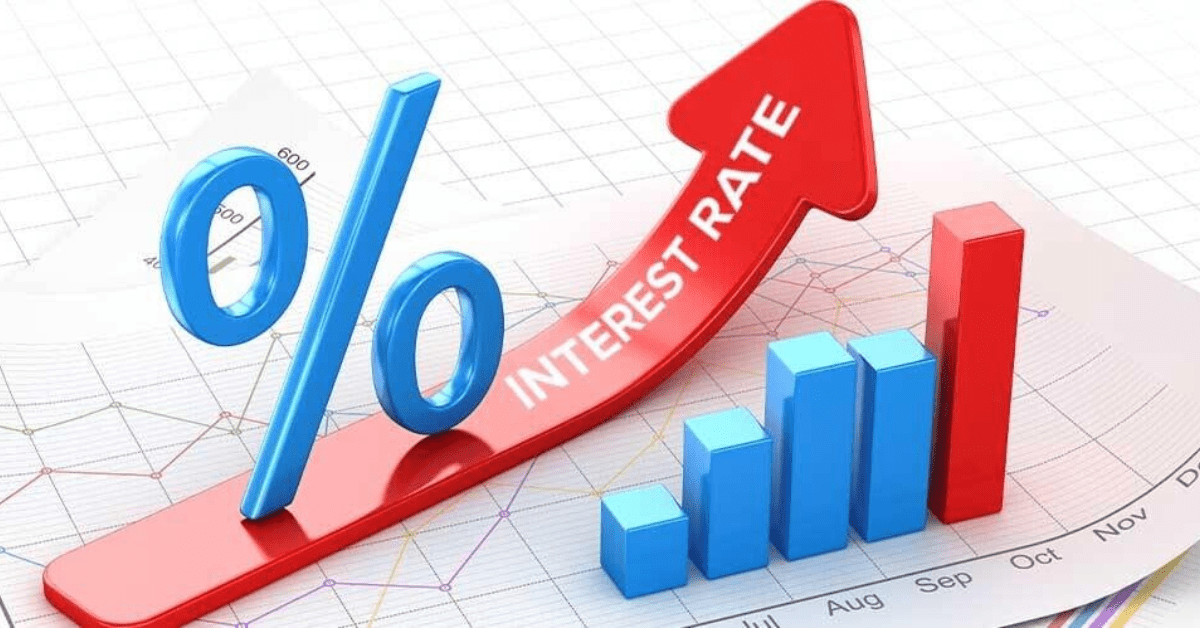
Introduction
Home equity loans can be a valuable financial tool for homeowners looking to tap into the equity they’ve built in their homes. But before diving in, it’s crucial to understand the intricacies of home equity loan rates. From fixed rates to variable rates and everything in between, here’s what you need to know to make informed decisions about your home equity loan.
- What Are Home Equity Loan Rates?
- Home equity loan rates represent the interest rate charged on the borrowed amount. These rates can vary depending on several factors, including the borrower’s credit score, the loan-to-value ratio, and market conditions.
- Fixed vs. Variable Rates:
- Fixed-rate home equity loans offer a stable interest rate throughout the loan term, providing predictability and consistency in monthly payments. Variable-rate home equity loans, on the other hand, have interest rates that can fluctuate based on market conditions, potentially resulting in lower initial rates but increased uncertainty over time.
- Factors Influencing Home Equity Loan Rates:
- Credit Score: A higher credit score typically results in lower interest rates, as it signifies lower risk for lenders.
- Loan-to-Value Ratio (LTV): Lenders assess the LTV ratio by comparing the loan amount to the appraised value of the home. A lower LTV ratio often leads to better rates.
- Market Conditions: Economic factors such as the federal funds rate, inflation, and overall market demand can influence home equity loan rates.
- Shopping for the Best Rates:
- Research Lenders: Compare rates and terms from multiple lenders, including banks, credit unions, and online lenders, to find the most competitive offer.
- Consider Fees: In addition to interest rates, factor in any origination fees, closing costs, and other associated fees when evaluating loan options.
- Get Multiple Quotes: Request loan quotes from different lenders to ensure you’re getting the best possible rate for your financial situation.
- The Impact of Home Equity Loan Rates:
- Monthly Payments: Lower interest rates can result in more affordable monthly payments, making it easier to manage your finances.
- Total Interest Paid: Higher rates lead to greater interest expenses over the life of the loan, so securing a lower rate can save you money in the long run.
- Overall Affordability: Consider how the loan rate and terms fit within your budget and long-term financial goals to ensure you can comfortably manage repayments.
Conclusion:
Understanding home equity loan rates is essential for homeowners considering tapping into their home’s equity. By familiarizing yourself with the factors that influence rates, comparing offers from different lenders, and assessing the impact on your finances, you can make informed decisions to leverage your home equity wisely. Always consult with financial professionals to ensure the loan aligns with your overall financial strategy and goals.
